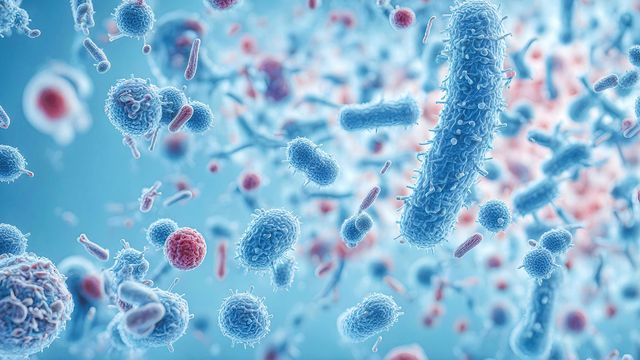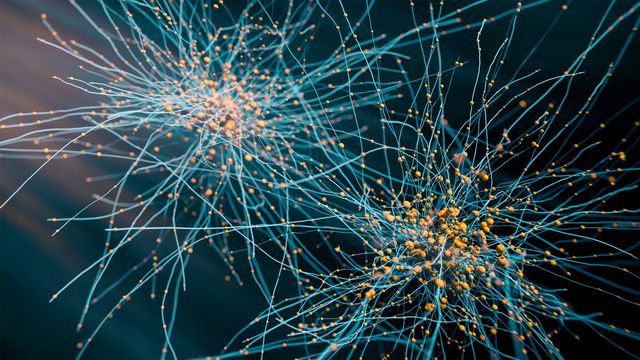Trending News
News
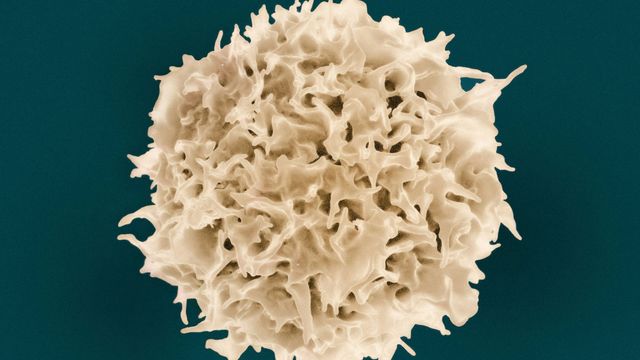
News
Single-Cell Aging "Clock" Shows How Immune Cells Age
An AI-based computer model makes aging visible at the cellular level for the first time. Researchers have applied it to immune cells, showing how immune cells age and how this is influenced by vaccines and infections.
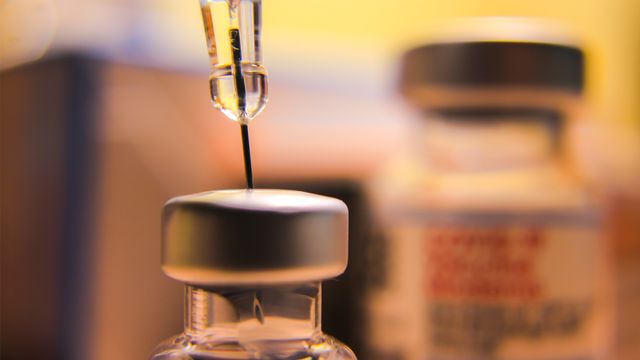
News
New Insights Into B Cell Mutations Could Improve Vaccine Strategies
Successful high-affinity B cells can proliferate under special conditions that reduce the risk of mutation. Capturing this mechanism in the lab may lead to more efficient vaccine strategies in the clinic.
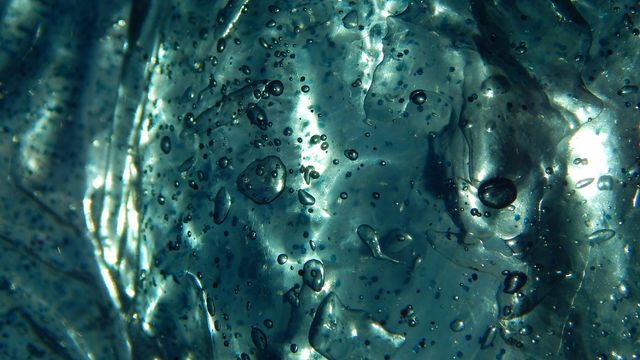
News
Velvet Worm Slime Could Inspire Next-Gen Sustainable Materials
A study on velvet worm slime reveals its ability to transform from liquid to fibre and back, thanks to unique proteins. This discovery could lead to recyclable bioplastics and novel sustainable material designs.
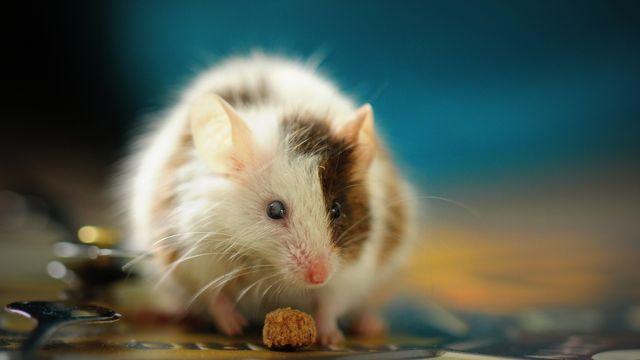
News
Brain Activity in Mice Reveals Faster Learning Than Expected
Johns Hopkins University researchers discovered that mice can learn new skills in fewer trials than previously assumed. Their study reveals the role of the sensory cortex in learning and challenges the idea that mistakes indicate confusion.

News
Scientists Test Accessible, Affordable Diagnostic Tool for Heart Disease
The new method can measure 25 important markers in the blood simultaneously, such as cholesterol, in less than 15 minutes using radio waves. This new application could support more patients achieve an early heart disease diagnosis.

News
Brain Chemicals Control Sexual Behavior in Mice
Researchers have studied how dopamine and acetylcholine regulate the progression of sexual behavior in male mice. Their findings may provide insights for developing treatments for sexual dysfunctions like premature ejaculation in humans.
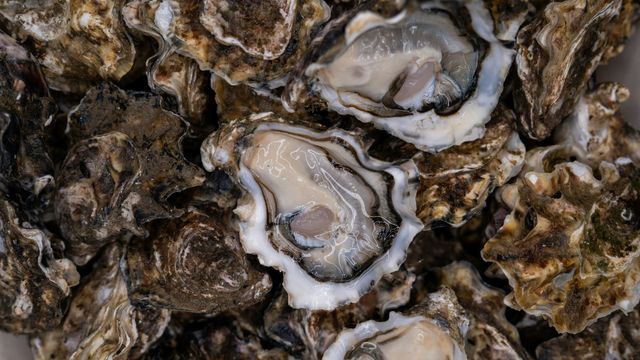
News
Pacific Oysters Are Spreading in the Baltic Sea
Pacific oysters were imported to oyster farms in Europe in the 1970s to replace native oysters when stocks collapsed.
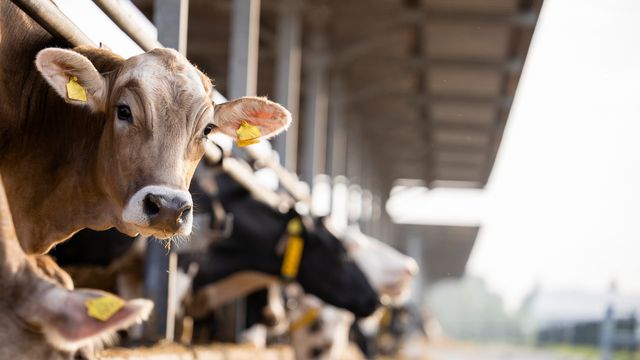
News
Extreme Heat Hits Small Dairy Farms Harder
Under most scenarios, extreme heat days are predicted to be much more frequent, and milk yield losses are expected to increase about 30% by 2050.
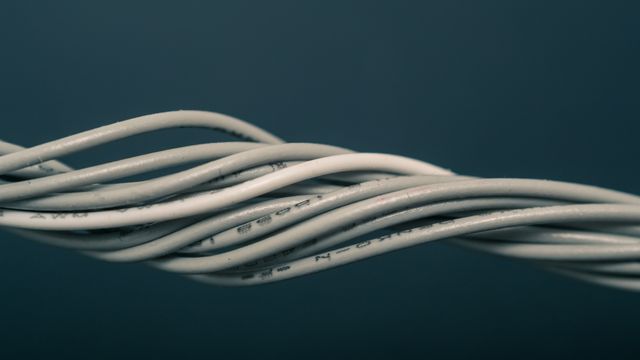
News
Researchers Fabricate Better Wires for E-Textiles by Proofing Them Like Bread
Researchers have developed a new synthesis method for carbon nanotubes that uses proofing and kneading to prevent defects and maximize performance. These can then be used as functional wires in electronic textiles.
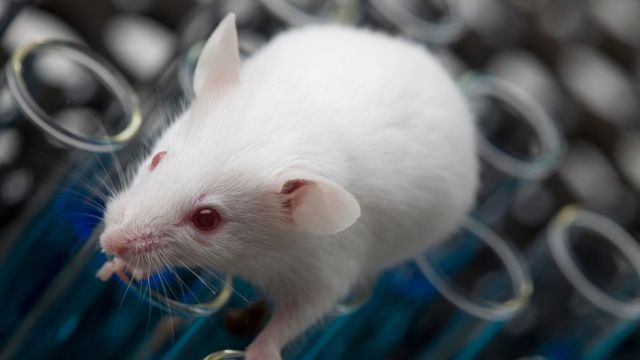
News
Barcode Technology Could Reduce Animal Use in Drug Development
Researchers at UZH have developed a technology that can be used to test around 25 antibodies simultaneously in a single mouse. This should not only speed up the development of new drugs but also reduce the number of laboratory animals required.
Advertisement


